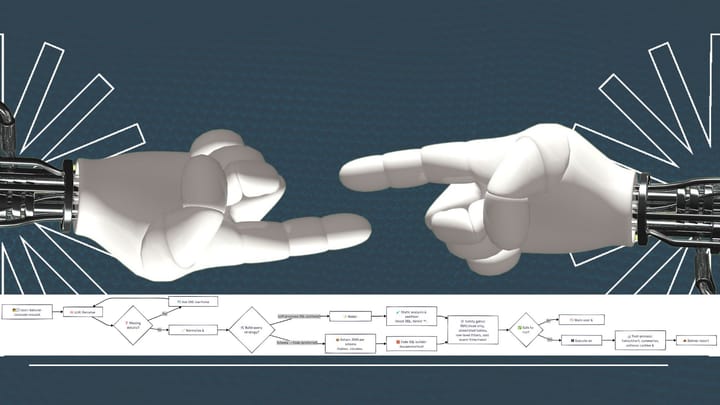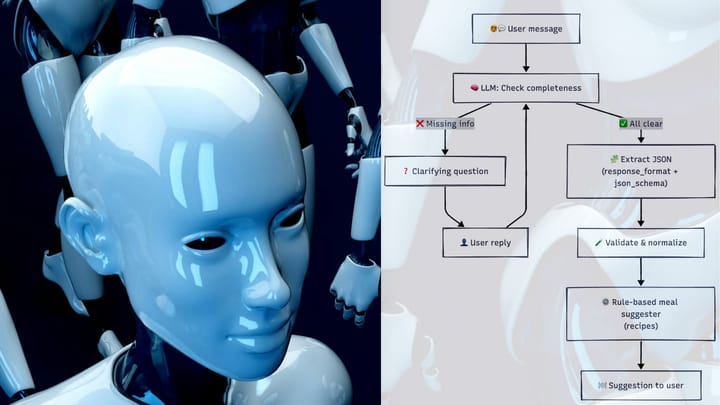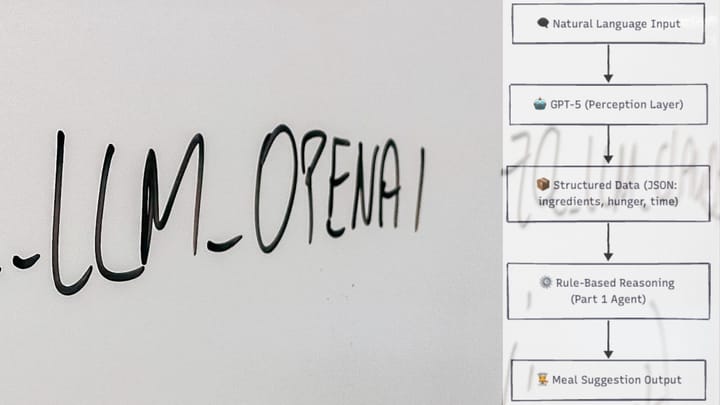Why, When, And How I Use AI
Explore how I integrate AI into daily work — for research, writing, and learning — and the real challenges of accuracy, trust, and privacy.

AI has become an essential part of my daily workflow — not just an add-on, but a core productivity tool.
It’s similar to how, in the early 2000s, being good at Googling gave you a significant edge. Knowing how to search effectively could unlock answers, ideas, and opportunities faster than anyone else.
That same edge now comes from understanding — how and when to use AI tools.
Sure, it’s important to learn the underlying skills — just like you’d once learn how to research manually or crunch numbers by hand. But beyond a point, doing things manually isn’t the best use of your time or focus.
Ask yourself: if you had to prepare a balance sheet, would you build it from scratch by hand — or use software that automates the calculations and formatting? Most likely, you'd rely on software to do the heavy lifting, and your role would be to review the output, check for errors, and ensure everything aligns with accounting standards — at least, as I understand it (I’m not an accountant).
That’s exactly how I see AI — a tool to handle the grunt work so I can focus on higher-level thinking and quality control.
Here are some of the ways I use AI in practice, and on this website:
Research
Earlier, it was Google and websites, and long before that, there were books and libraries. It has become easier because Generative AI can understand context, and I can converse with it. However, fact-checking AI independently becomes an additional task.
Adding clarity and precision.
I am not a native English language speaker. Sometimes, I forget the right word.
Punctuations might be missing or inconsistent. Other times, I tend to write or speak excessively to make my point, which isn't ideal in an era of reduced attention spans. I use ChatGPT and other tools to rephrase my words, and sometimes they do a better job. I almost always rely on Grammarly to review my text.
Early Fact Checks.
Do some basic fact checks before I go deeper on the web.
The newer models are pretty good at doing this and showing you the appropriate sources where you can verify things.
Learning.
AI can help learn a lot of things, but it may not always be correct. It helps simplify learning by allowing me to clarify specific points of confusion or doubt.
Just run through my ideas.
Also, if you think you already have a solution to a problem or an idea, consider talking to AI. You might find it offers better solutions you weren't even aware of. And, you will never be aware of everything - AI will be.
Outline to initial draft.
I sometimes use my detailed outline and ask AI to structure it into an initial draft. And then there are many more revisions to the post after the initial draft.
You can read more about my outline-to-draft workflow here.
Problems with using AI
AI Slop
Unless you are an experienced reader or writer, it is hard to distinguish between content created by AI and content created by humans. While some AI detectors detect basic AI slop, they will fail to detect well-prompted AI slop.
Google and YouTube are fighting the AI slop, but that is going to be limited.
And some people will still think this is all AI slop 🤷♂️
My goal here is to create good content, not to fool AI detectors or win over every skeptic.
AI Errors
The Generative-AI type sometimes feels more human-like.
To err is human, to super-err is super-human???
Not seriously. That was a joke!
Don't take everything AI says at face value. Just like you wouldn't trust everything a random human told you.
AI will burn you, at least once.
Keep your BS detector online always and strengthen it with practice.
Example: In the past, I have had a few days of planning work wasted because AI guided me with an assumption to be true, while it was not - and it was my mistake - I did not explicitly ask for clarification. That can also happen with another - an employee or a YouTuber who misguided you or hid the facts. You can get away with blaming the other human. But psychologically, it is much harder to do so with AI, mainly because all of the activity and emotions happen on a very compressed timeline. If you are a trader, you can relate to that experience.
Confidentiality and Privacy with AI
(This piece may not be completely correct, and represents my opinion)
I have this personal philosophical principle about privacy
If you truly want to keep something private, don’t dwell on it too much. Even your thoughts have a way of leaking into the universe.
I know it's a bit extreme and mystical.
The AI models and their implementations are all black boxes for us. I have found that deleting history, content, memory, etc, does not make the model forget about me completely. It's like the Gen-AI models (at these large companies) have a faded memory after all that. And these models remember you.
I'm not sure why this happens, but perhaps these companies retain some context data because it personalizes the model to the human. And I will never know if the models can leak my information universally. That doesn't seem likely now, but who knows what the future holds?
Be cognizant about what you share with these AI tools. Do not be paranoid, but think about the movie "The Minority Report."
And use locally hosted models within closed networks in cases when you need absolute privacy.




Comments ()